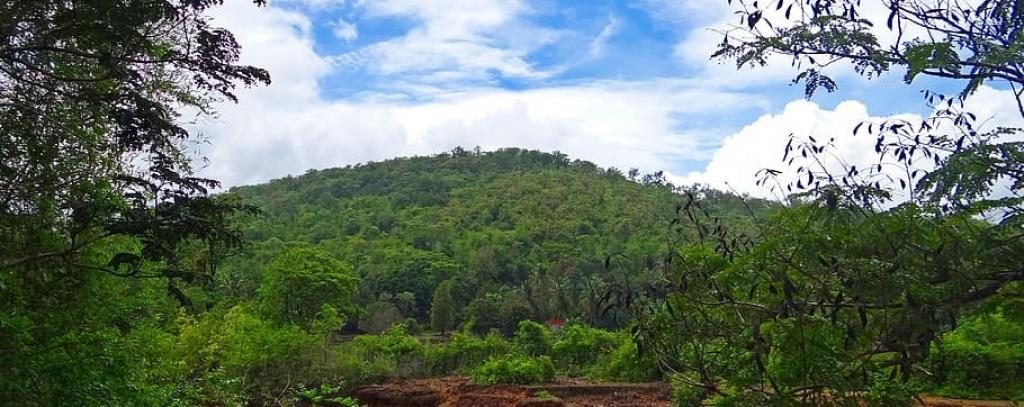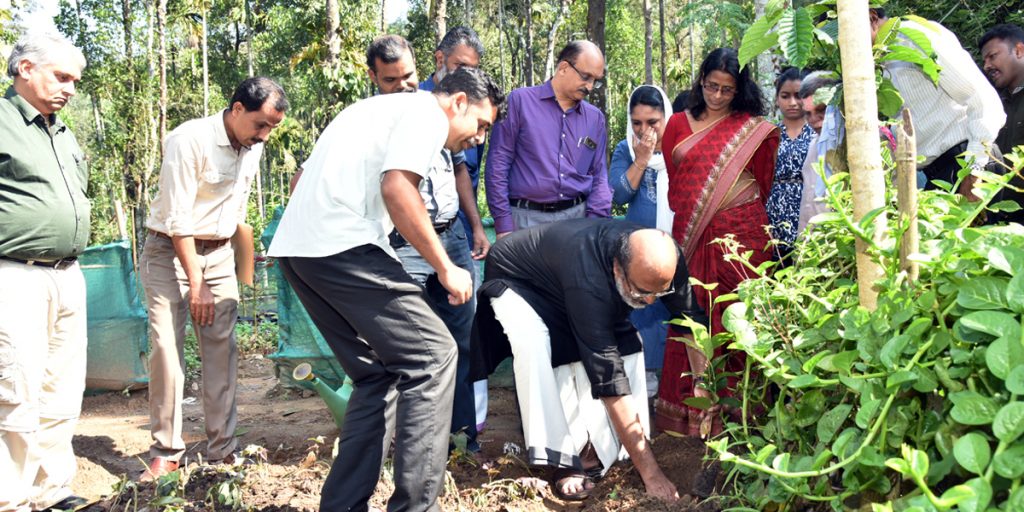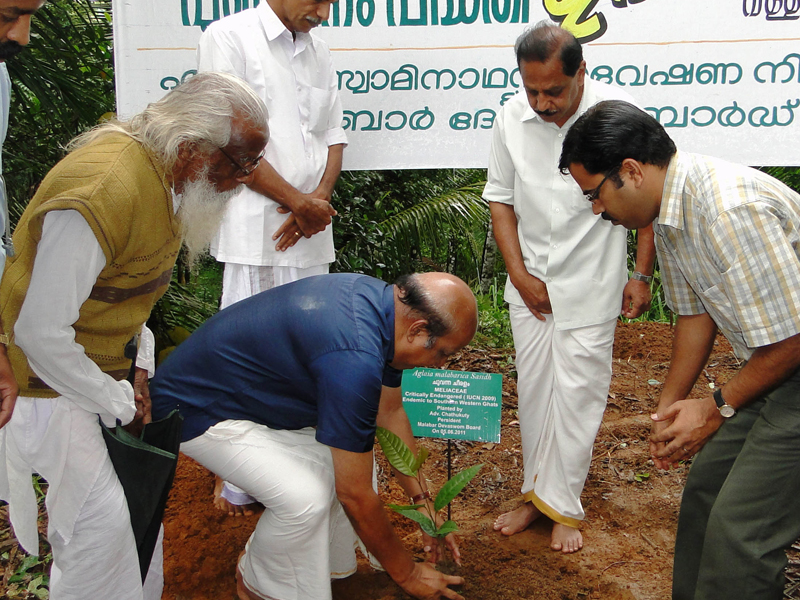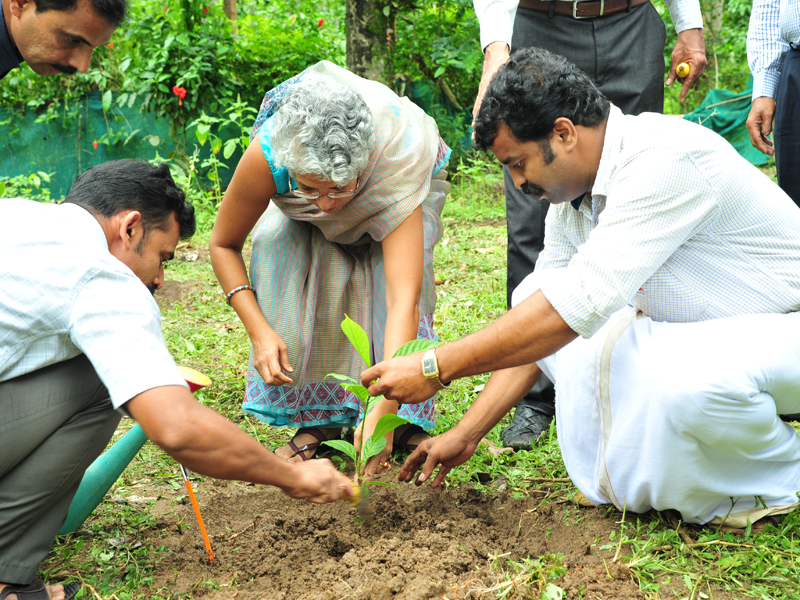
Many ecosystems of the Western Ghats, in particular forests, rivers, swamps, lakes, and grasslands are degraded and fragmented as result of the changed land uses, invasion of alien plant species, and the changing pattern of monsoons. Even the protected forest areas in Wayanad like the wildlife sanctuary has invaded with aggressive Senna spectabilis. Environment of the ecosystems, particularly the mountain ecosystem is unique, and species there adapted and specialized over hundreds of years. Such species have very limited capacity to move to further higher altitudes in response to the warming temperatures. The Western Ghats has several such “mountain islands”, which are characterized with endemic tree species. The ecosystem destructive impacts came horrifically in Wayanad, a hot speck in the Western Ghats, during the 2018 & 2019 floods. A total of 242 landslides, landslips and land subsidence were recorded during the 2018 flood in Wayanad (Times of India, Aug 31, 2018). A massive landslide at the Puthumala, Meppadi was triggered as a result of heavy rain in 2019.

Restoration of the degraded ecosystems and connecting the fragmented forests become urgent in the Western Ghats- the most densely populated global biodiversity hotspot. The UN has declared 2021 to 2030 as the decade of eco restoration with a set of targets to be achieved by taking combined actions, Ecological restoration efforts emphasis to help natural ecological processes regeneration in terms of ecosystem structure and functions through scientifically derived interventions that are ecologically safe. MSSRF has begun such efforts in 1997 by studying, locating and multiplying the Rare Endemic and Threatened trees and restoring degraded open sites including sacred forests. We have actively been engaged in tree planting since 2000 with species of rare, endemic and threated in nature in the degraded lands across Kerala. So far, over a million trees has been planted! Towards this purpose MSSBG launched a tree conservation campaign named Grow our dying trees, and maintains nurseries and a conservatory of around 100 RET trees.


